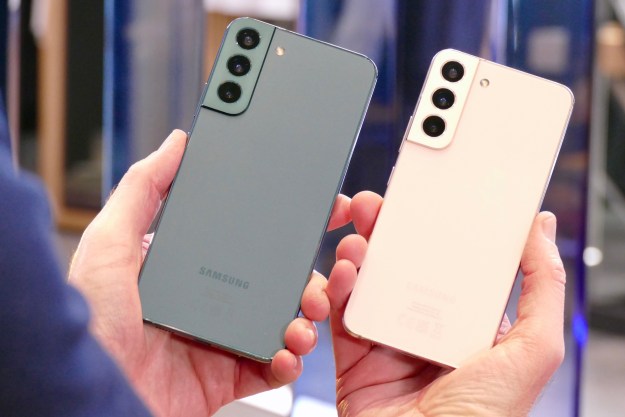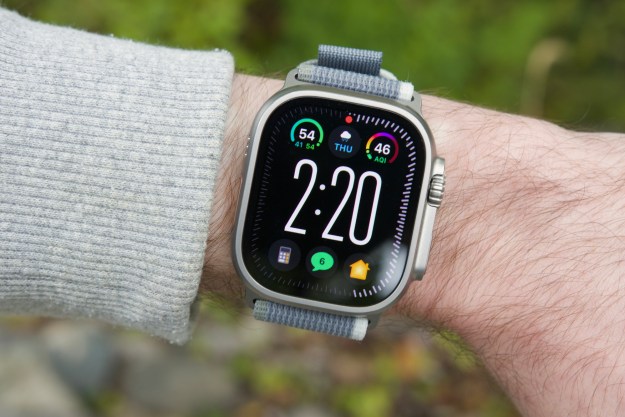
Last Friday we reported how the San Francisco bay area’s mass transit service, BART, had admitted to shutting down the cell signals of four stations in anticipation of protests over a man being shot dead by police. The organizers had said they would use mobile devices to coordinate protests (what else would they use?) and BART authorities said they had “temporarily interrupted service at select BART stations as one of many tactics to ensure the safety of everyone on the platform.”
Many pleaded for the hacktivist group, Anonymous, to retaliate for the suppression of speech and they did so this morning, taking down the BART website and replacing it with their own message.
Now, the Federal Communications Commission has stepped in to investigate BART’s tactics. FCC spokesman Neil Grace made the following statement: “Any time communications services are interrupted, we seek to assess the situation. We are continuing to collect information about BART’s actions and will be taking steps to hear from stakeholders about the important issues those actions raised, including protecting public safety and ensuring the availability of communications networks.”
Not only is the Federal Government interested and investigating but so are two major bodies of San Francisco infrastructure. Mayor Ed Lee’s office and the Amalgamated Transit Union Local 1555, which represents BART train drivers have expressed displeasure. Both offices noted, separately, that they would be opening dialogue and demanding answers for what is largely being perceived as a unilateral decision.
We live in an age where squashing cell phone signals is directly associated with political suppression. BART likely did not consider the global perceptions of their actions carefully enough before silencing protestors demanding answers for the death of man at the hands of the police.
Editors' Recommendations
- FCC proposal aims to block ringless spam voicemails
- Ossia scores FCC certification to transmit wireless power over distance


